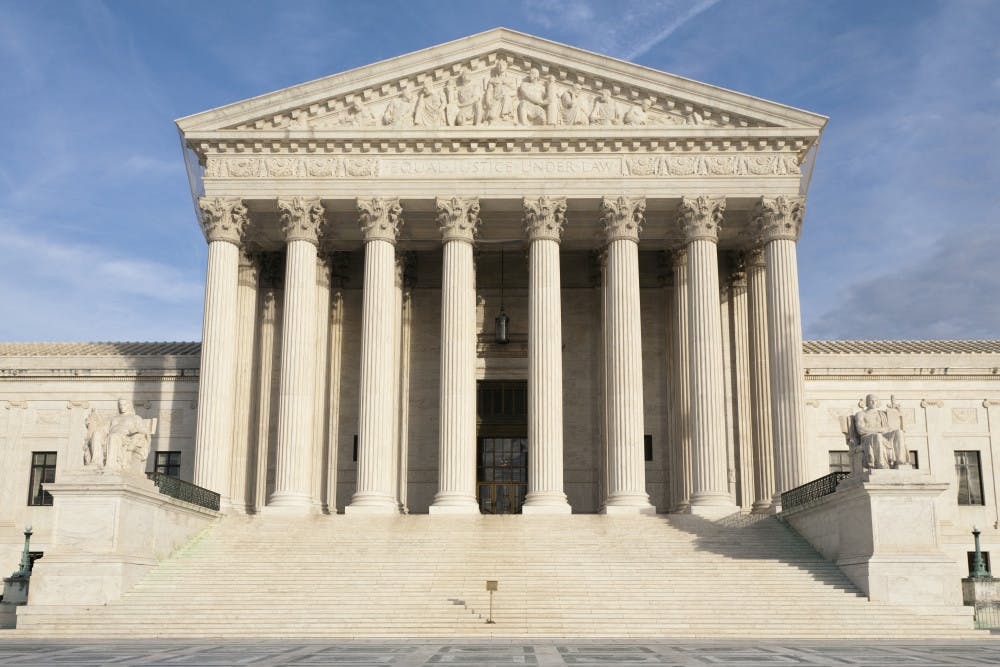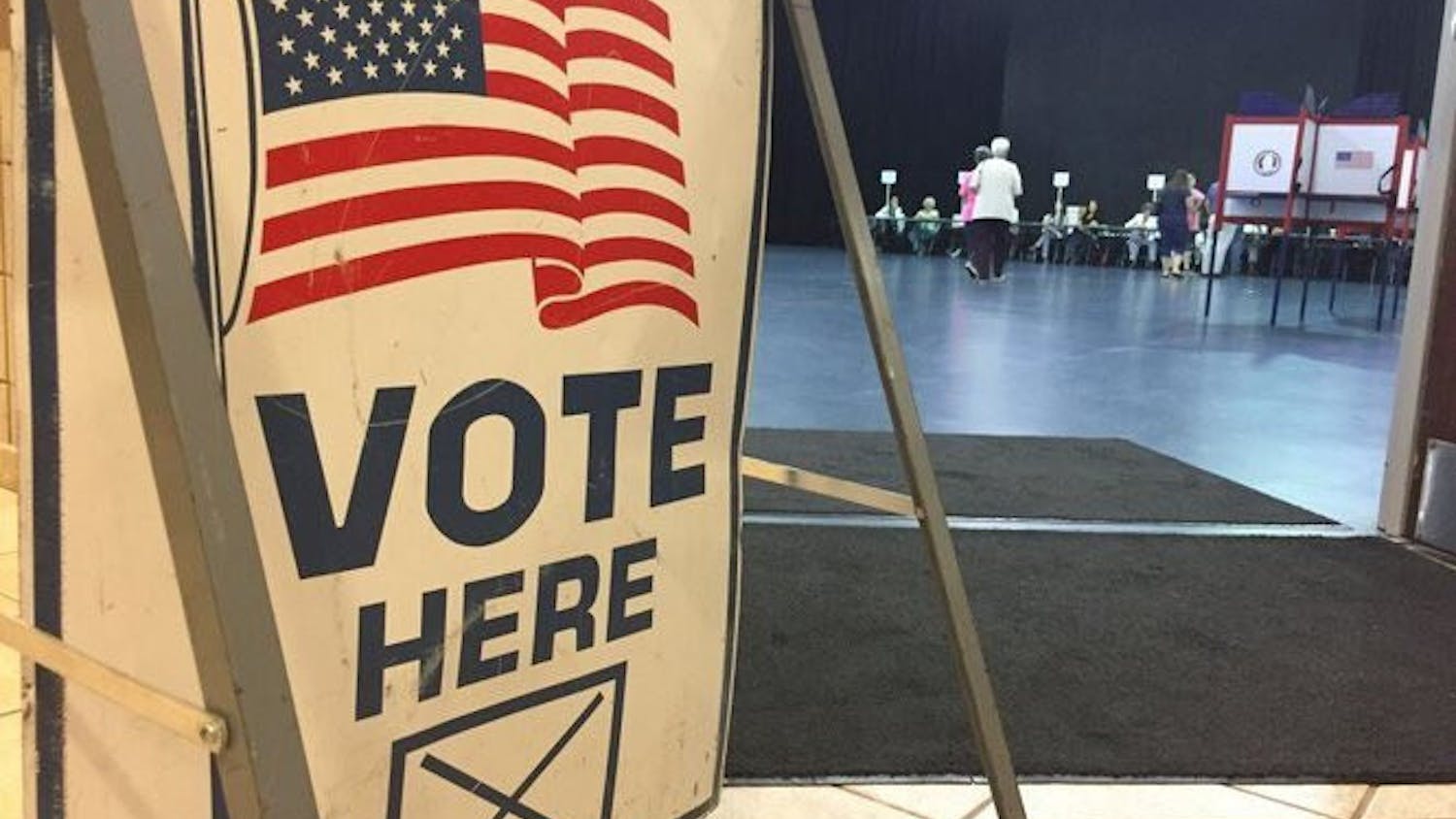By Richard Miller
Opinions Editor
On Sept. 13, “Desperate Housewives” actress Felicity Huffman became the first parent to receive a jail sentence in the nationwide college admissions scandal that broke news earlier this year. According to CNN, Huffman, who was caught paying $15,000 to inflate her daughter’s SAT scores, was sentenced to 14 days in jail, a year of supervised release, 250 hours of community service and a $30,000 fine.
Now the world is wondering what will happen to other celebrities caught in the scandal, such as former “Full House” actress Lori Loughlin and her fashion designer husband, Mossimo Guiliani. The couple was in legal trouble after it was discovered that the couple had paid the University of South Carolina $500,000 to allow their daughters to attend, MSN reported.
Although these sentencings were seen as a win for the prosecution for holding celebrities accountable, the internet erupted with claims that Huffman’s punishment barely fit the crime. A chain of tweets went viral, highlighting many situations where people of a different race or socioeconomic status were treated with far harsher sentences for smaller offenses.
One example comes from a New York public defender, who says her client, an African-American male, was sentenced to 30 days for stealing a loaf of bread.
The college admissions scandal is just one of many examples over the years of celebrities getting preferred treatment during their sentences. Other examples include lifestyle guru Martha Stewart and “Real Housewives” star Teresa Giudice getting reduced sentences for their financial related crimes.
Today, we see that the U.S. has the largest imprisonment rate in the world, with 2.3 million Americans behind bars. The extremely high numbers are said to have come from the ‘War on Drugs’ movement in the 1970’s, which led to overall harsher sentences. The numbers don’t lie when it goes to show the racial disparity this has caused. According to the Equal Justice Initiative, the average American only has about 5 percent chance of ending up in prison. That number jumps to 17 percent for Hispanic Americans. The number rises to 33 percent for African-Americans.
But race isn’t the only implicit bias we see in the justice system. Socioeconomic status also affects sentencing.
According to a Human Rights Watch report, jurisdictions depend on fees and fines in creating revenue. The heavy emphasis on these fees caused a rise in the average amount, which led to a disproportionate burden to those of a lower economic status.
The times when those in the limelight do wrong are chances for the justice system to send a message. Unfortunately, more often than not, it's one that shows a clear bias and discrimination.










